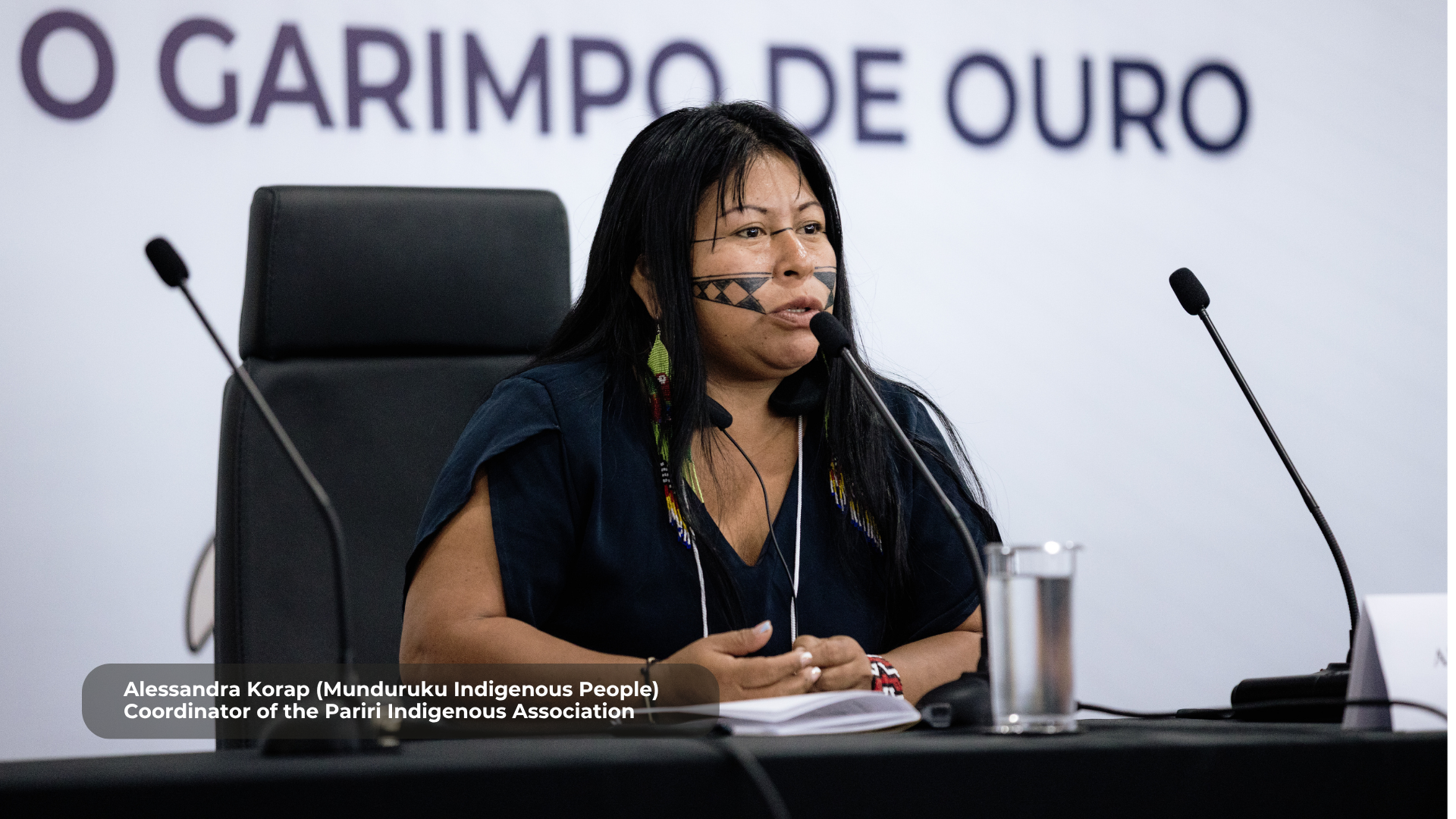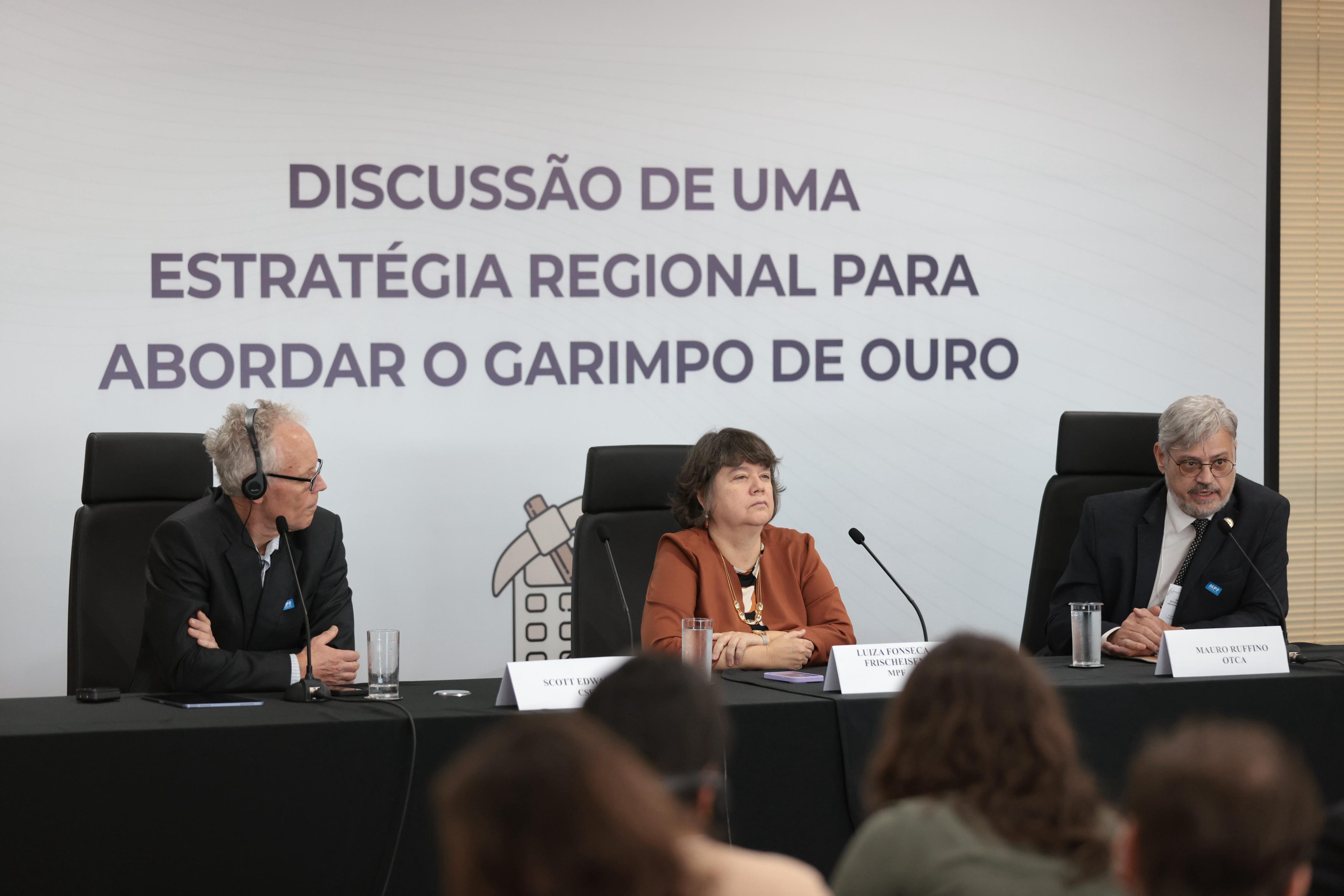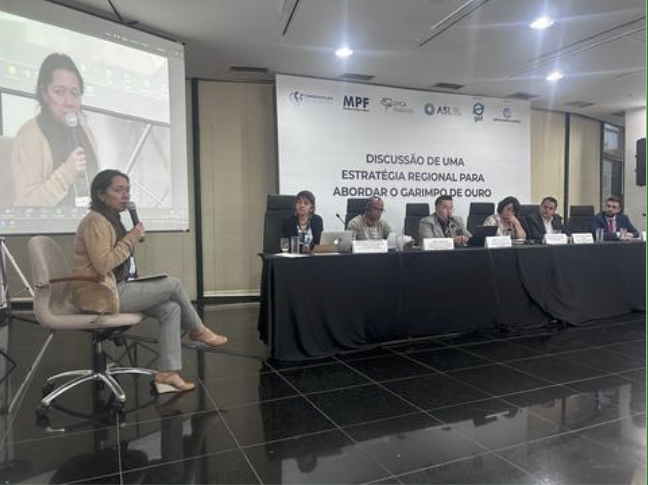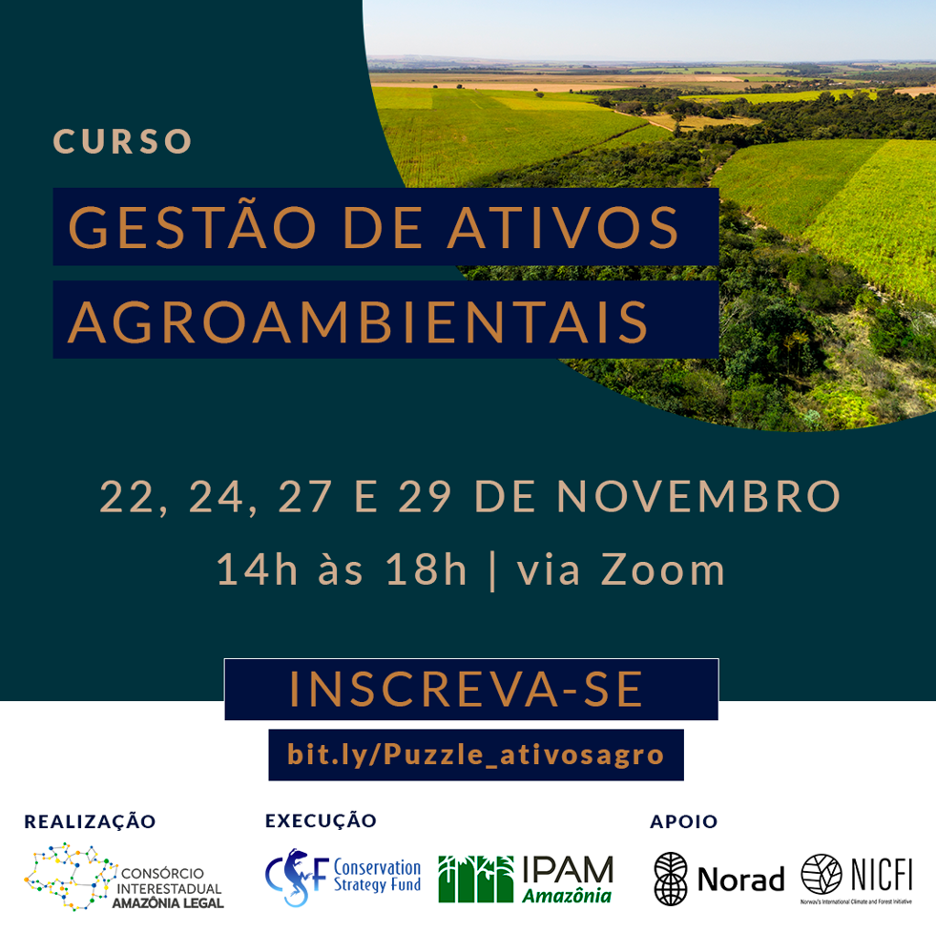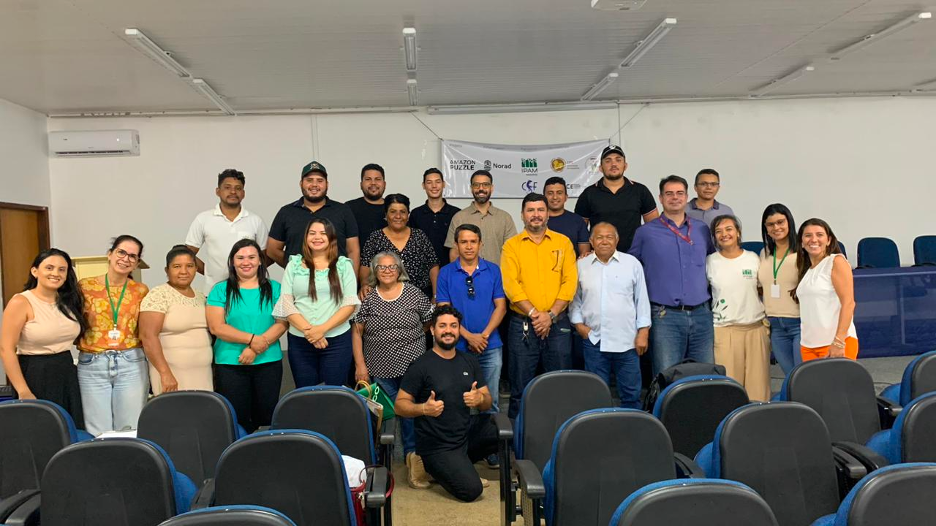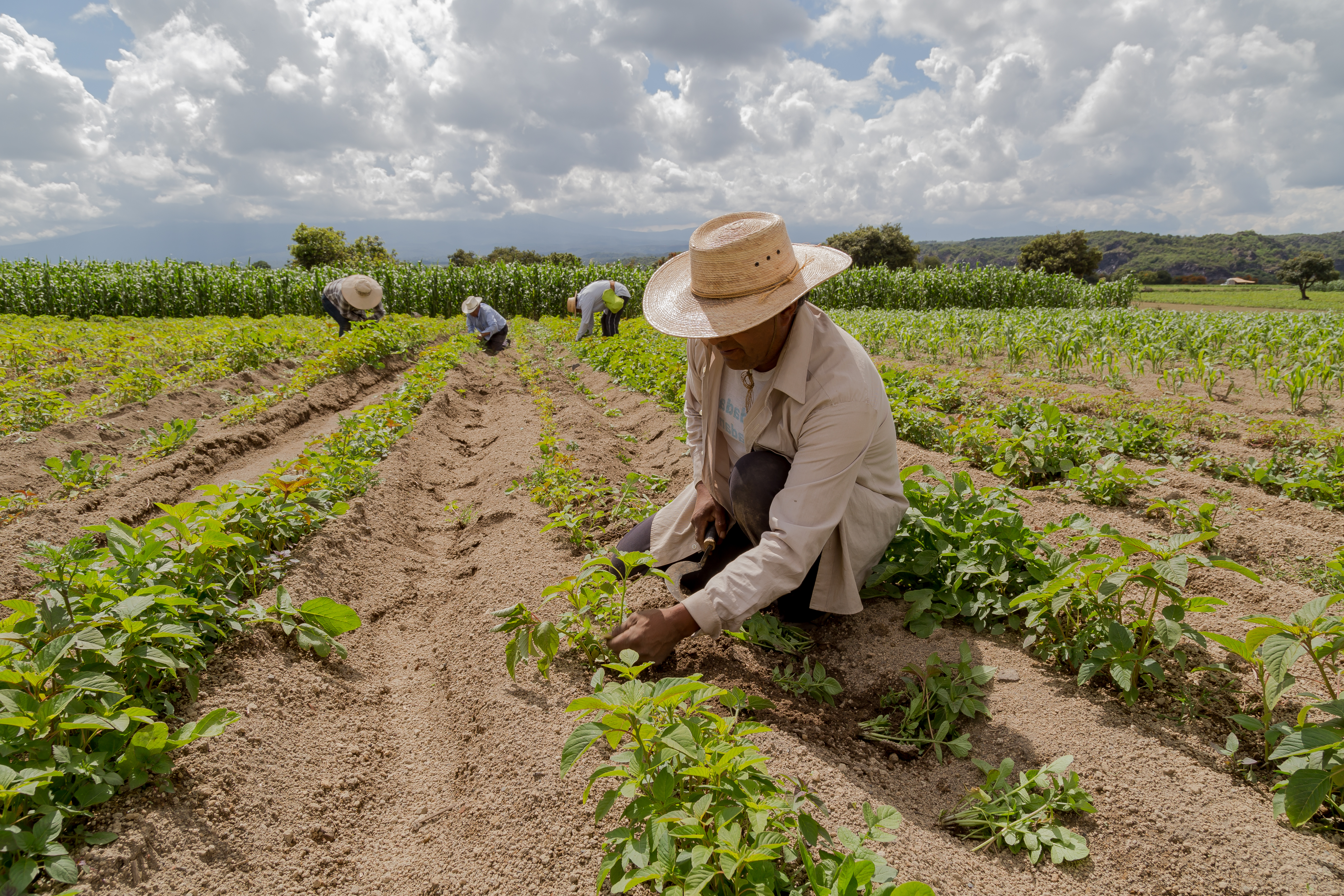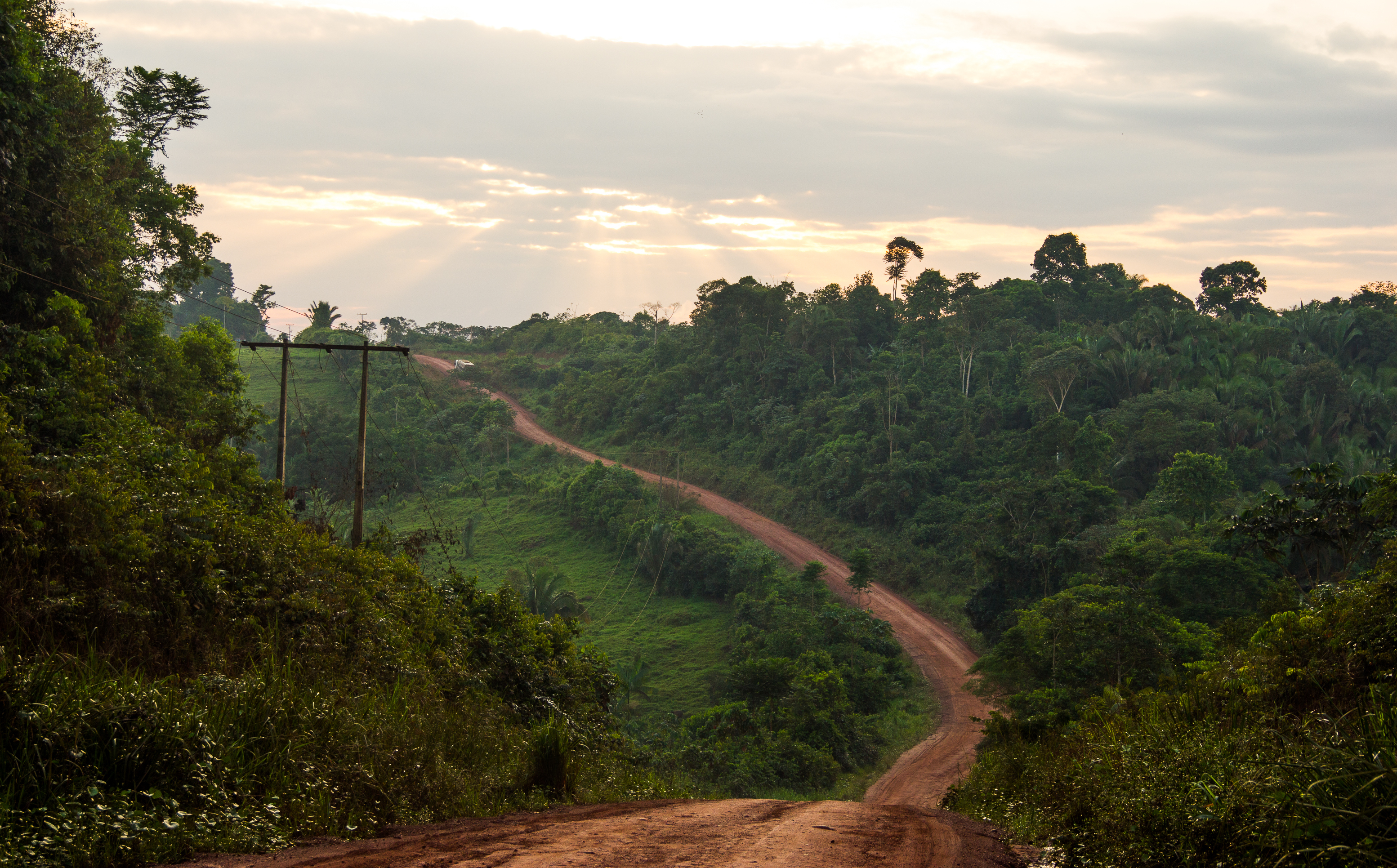News
Conservation Strategy Fund is heading to COP30 with a delegation led by Julia Queiroz, CSF Brazil Director, and Natalia Sanin Acevedo, Director of the Numbers for Nature Training Institute. Together, they will bring CSF’s unique approach into the heart of climate negotiations: using the power of economics to align development and climate goals.
By putting a value on nature’s benefits, CSF demonstrates why protecting forests, wetlands, and coasts is not only essential for biodiversity, but also the smartest investment for people, economies, and the planet.
Leaders from seven Amazonian countries gathered in Brasília for a regional workshop hosted by Conservation Strategy Fund to address the environmental, social, and legal impacts of mercury-based gold mining. The event highlighted the urgent need for cross-border cooperation and tools like the Mining Impacts Calculator to guide enforcement, protect ecosystems, and strengthen environmental governance across the Amazon.
Ante los crecientes desafíos sociales, ambientales y económicos relacionados con la minería de oro y el uso de mercurio en la región amazónica, funcionarios de Gobierno, cooperación internacional y otros actores, se dieron cita en el taller “Discusión de una Estrategia Regional para Abordar la Minería de Oro”, desarrollado el pasado 18 de junio en Brasilia, Brasil.
Two weeks ago, I joined a webinar hosted by the World Bank for the Amazonia Viva team on the development and use of the Mining Impacts Calculator in the Amazon. There was strong interest from participants, and I was particularly struck by how IBAMA, Brazil’s environmental enforcement agency, is actively using the tool to impose fines on violators engaged in illegal gold mining.
In May 2024, Conservation Strategy Fund (CSF) Brazil participated in the 3rd Assembly of Rede Xingu+, a gathering focused on discussions and decisions related to the preservation of protected areas and the challenges faced by indigenous and riverside communities in the region. The event brought together over 400 participants, including indigenous leaders, partner institutions, and local community representatives.
Também fruto de parceria entre CSF e IPAM, a Oficina de Priorização dos Critérios Socioambientais na Microrregião de Chapadinha, leste do Maranhão, foi oferecida a agricultores da região.
A publicação Resources Policy, número 88, publicou o artigo ‘Valoração econômica dos impactos da mineração de ouro artesanal de pequena escala: Uma estrutura para aplicação de transferência de valor.
PlanaFlor is a national plan for sustainable development that promotes environmental, economic, and social assets to pursue the effective implementation of the Brazilian Forest Code, Law no. 12.651/12, which provides protection for the native vegetation.
Conservation Strategy Fund’s Smart Infrastructure Series communicates our expertise in sustainable infrastructure development around the world. In this series, our team of expert economists share their advice on balancing development with the conservation of healthy ecosystems for short and long-term social, economic, and environmental well-being.
Brazil to Rebuild a Highway Through the Amazon, but At What Cost?

